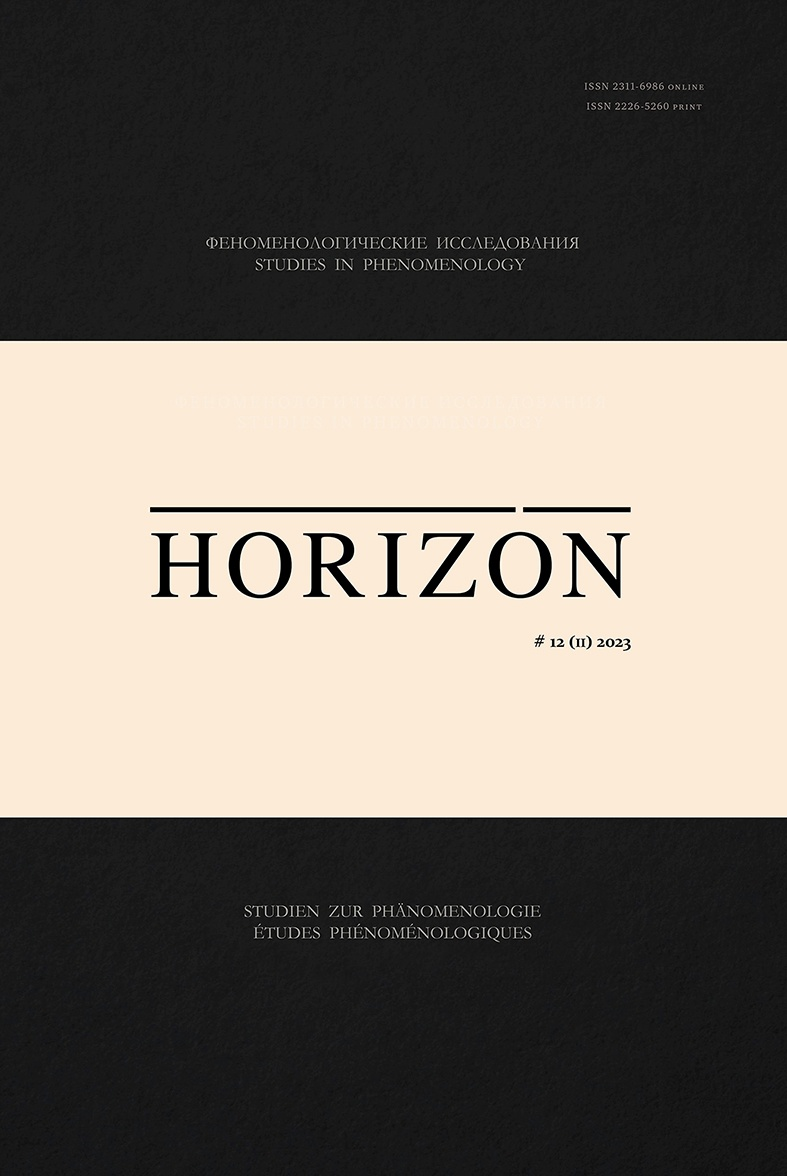A SPANISH CONCEPTION OF THE PHENOMENOLOGY OF EXISTENCE
A SPANISH CONCEPTION OF THE PHENOMENOLOGY OF EXISTENCE
Author(s): MARIA CARMEN LÓPEZ SAENZSubject(s): Philosophical Traditions, Existentialism, Phenomenology
Published by: Издательство Санкт-Петербургского государственного университета
Keywords: life-world; living reason; person; movement; embodiment; flesh; sensing;
Summary/Abstract: The “phenomenology of existence” is one of the contemporary currents of philosophy which have developed taking existence as its central concern. The purpose of this article is to present my conception of this fundamental field of phenomenological research. In order to do this, I will analyze phenomenology of existence in the double sense of the genitive or better as a bidirectional phenomenological-existential movement; that is to say, on the one hand, I will explore the sense and scope of phenomenology for existence and, on the other hand, the meaning of existence for the phenomenological existential movement. With the aim of describing this twofold dynamics, I will begin by clarifying certain concepts of the Husserlian method that have frequently either been ignored or misinterpreted and, therefore, have impeded us from understanding the meaning of what the founder of phenomenology called “personal existence.” After this elucidation that takes place at the static level of phenomenology, I will apply some key concepts of genetic phenomenology to existence in order to develop my own account of the existential phenomenology. Given that Maurice Merleau-Ponty(1908–1961) was a pioneer in the study of the most representative Husserlian texts dealing with the major issues of genetic phenomenology–such as time, space, lived body, intersubjectivity and lifeworld—,I will draw from his philosophy to open a dialogue with Maria Zambrano (1904–1991), as an example of the possibilities offered by a—comparative—phenomenology for the study of existential problems, specifically for the development of a phenomenology of sensing and being sensed that goes beyond of the paradigm of representation.
Journal: Horizon. Феноменологические исследования
- Issue Year: 12/2023
- Issue No: 2
- Page Range: 340-361
- Page Count: 22
- Language: English

